Products Description
Fake IDs can have positive and complex effects on adolescents’ psychological and social development.
For adolescents, social inclusion is an important aspect of their emotional and psychological development. During adolescence, people often seek approval from their peers and a sense of belonging within their social circles. Having a fake ID can allow them to enter social events, gatherings, or venues that would otherwise be reserved for adults, such as bars, clubs, or certain concerts. When adolescents can attend these events with their peers, it may help them:
Strengthen social connections with friends:
By using fake IDs, adolescents can participate in activities and experiences with their friends that they might otherwise miss. This shared participation can strengthen friendships and group cohesion, as being able to participate in these experiences reinforces the idea of “fitting in.” It can prevent them from feeling excluded, which is important during the formative years, as peer approval is crucial to self-esteem.
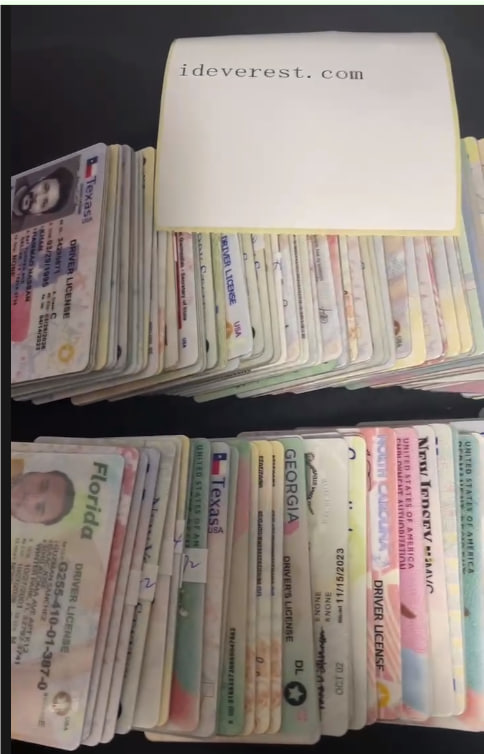
Reduce feelings of social exclusion or isolation:
Being able to participate in certain social activities can help reduce feelings of social isolation. When adolescents are able to participate in the same activities and experiences as their friends, they are less likely to be excluded or lose touch with their peers. This sense of inclusion is important for mental health and helps to develop a positive self-perception.
Promote the Development of Social Skills:
Exposure to a wider range of social environments can help adolescents develop social skills more effectively. By exploring adult social environments, adolescents can learn how to interact with different types of people, including older adults, which can broaden their social experiences and communication skills. This exposure can also teach them how to adapt to different social environments and improve their social skills.

Support Identity Formation:
Adolescents often experiment with different aspects of their identity, and being able to experience adult environments may facilitate this exploration. Being able to participate in the same activities as older peers allows them to test the waters in terms of interests, values, and behaviors, which may lead to a more refined sense of self.
Fake IDs can promote early exposure to adult environments for adolescents, allowing them to experience mature social environments and situations before they would naturally be allowed to. While this carries potential risks, there are also some possible benefits in terms of social development and skill building:
Development of Social and Interpersonal Skills:
When adolescents use fake IDs to enter adult venues such as bars, concerts, or nightlife venues, they encounter a variety of social dynamics. These environments provide opportunities to learn how to interact with older adults, hold conversations in different settings, and handle social expectations in a variety of situations. This exposure can promote social maturity and is beneficial for developing confidence and interpersonal skills.
Learning to Manage Risk and Make Decisions:
By navigating adult environments, adolescents are exposed to real-life situations that require judgment and decision-making. The ability to assess risk in a relatively controlled environment (e.g., deciding when to leave a party or deciding how much to drink) can foster the development of better self-regulation and awareness. These early experiences may foster more responsible behavior later in life as individuals become more comfortable managing risk.
Coping Strategies and Stress Management:
Exposure to adult social environments often involves dealing with social pressures, such as fitting in, avoiding peer pressure, or handling confrontational situations. By facing these challenges early on, adolescents can begin to develop coping mechanisms that help them handle stress in a constructive way. This practice may help them become more resilient and adaptable in their future adult lives.
Developing a Sense of Independence:
Entering adult environments can allow adolescents to develop a sense of independence and responsibility as they learn to navigate these spaces on their own. This autonomy can foster confidence as they gain first-hand experience managing themselves in an environment outside of the typical adolescent realm.
Using fake IDs can be seen as a way for adolescents to explore their desire for independence and autonomy. The act of obtaining and using fake IDs often involves decision-making and risk-taking, which can lead to the development of a sense of personal responsibility. Here are some ways using a fake ID may help foster independence and autonomy:
Learning to cope with consequences:
When young people use a fake ID, they are making choices that involve potential risks, such as legal issues or social consequences. This decision-making process can foster a better understanding of cause and effect, helping them learn to weigh the pros and cons of their actions. It provides practical experience in understanding the consequences of their decisions, a skill that will be critical as they grow older and face more complex life choices.
Developing personal autonomy:
By using a fake ID to gain access to spaces and activities that are typically reserved for adults, teens may gain a sense of empowerment and control over their lives. This sense of personal autonomy helps build confidence. It encourages young people to take charge of their experiences and make choices for themselves, helping to build a stronger self-identity.
Exploring boundaries in a controlled way:
While using a fake ID carries risks, some argue that it allows teens to explore boundaries in a somewhat controlled environment. For example, going to a bar with friends can be seen as a safer environment than other, more risky activities. This opportunity to test their limits can help them better understand where to draw the line in future scenarios.
Self-assertion and personal choice:
The process of obtaining and deciding to use a fake ID can be seen as an act of self-assertion, where adolescents consciously choose to go beyond the typical limitations of their age group. This act of expressing a desire for autonomy helps develop skills of self-assertion and personal choice, which are essential for handling personal and professional life in adulthood.
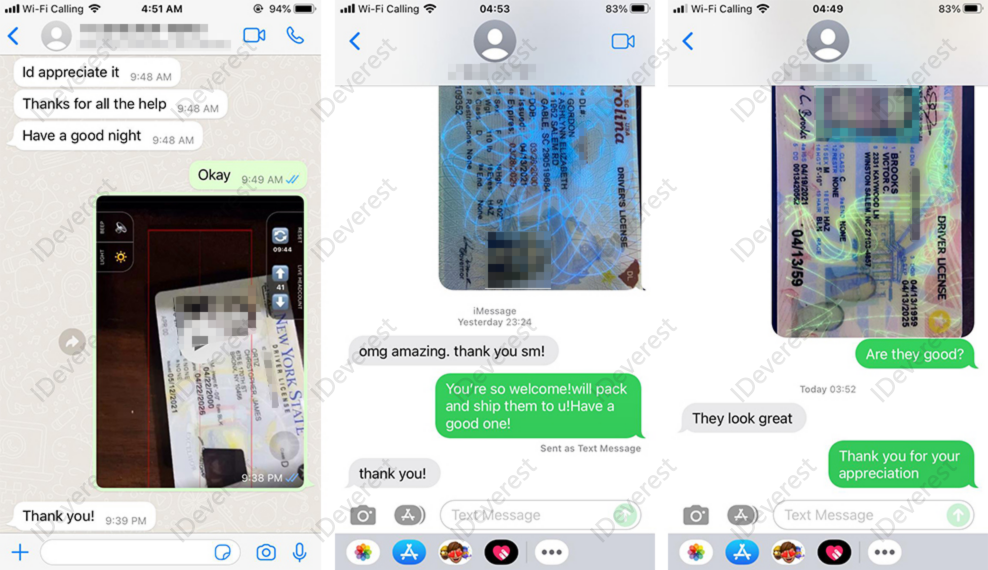
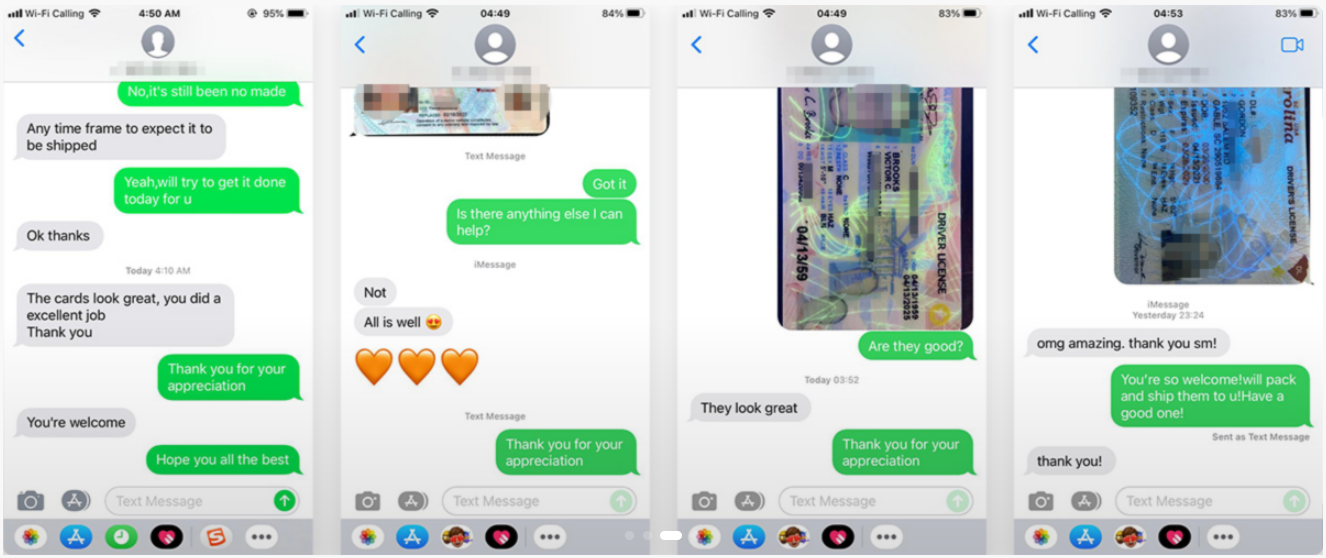
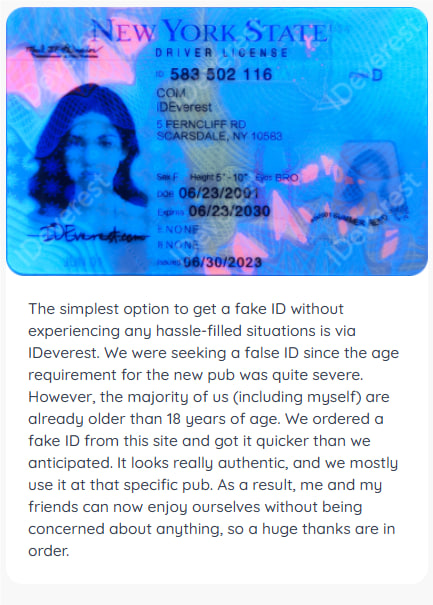
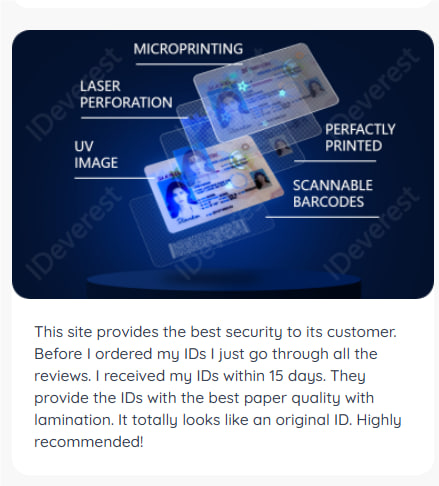
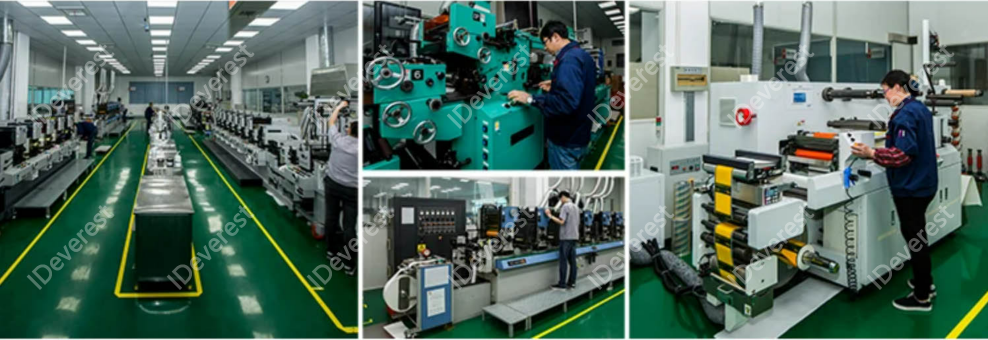
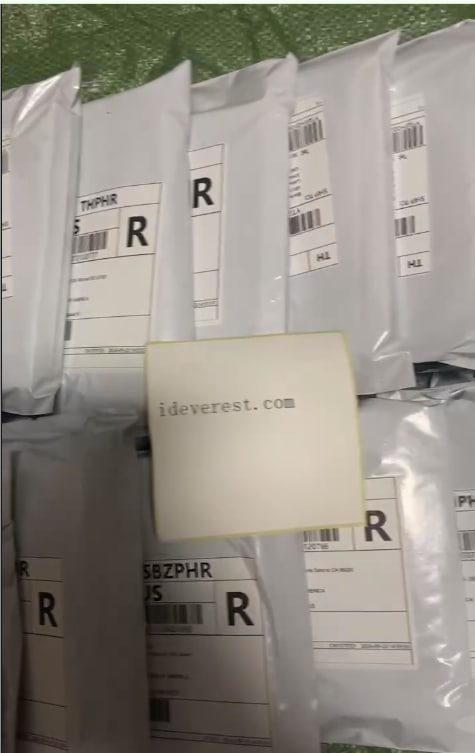
Big Treat Back for New Product Development Participation: Your feedback matters! We offer incentives to customers who participate in our new product development, shaping the future of our offerings together.

Tags:
You like

Buy Fake University ID
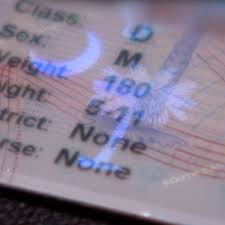
ID security features

Fake ID ISS number
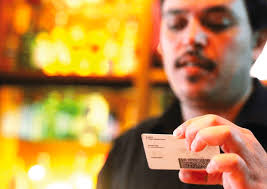
University ID Cards

